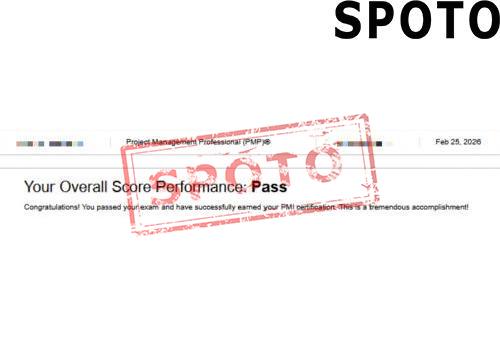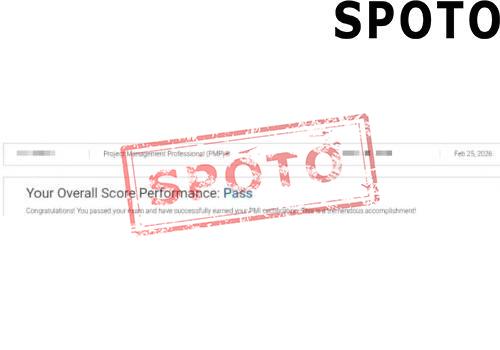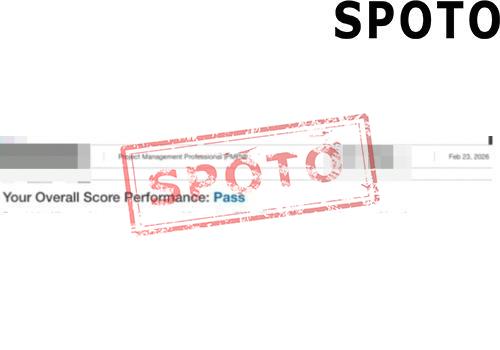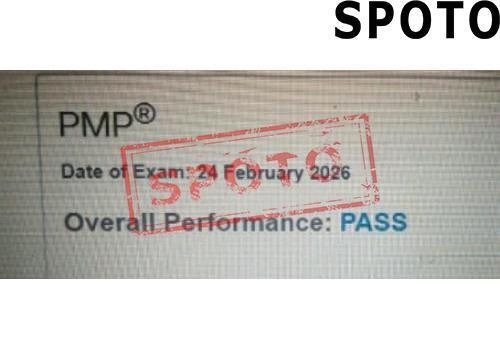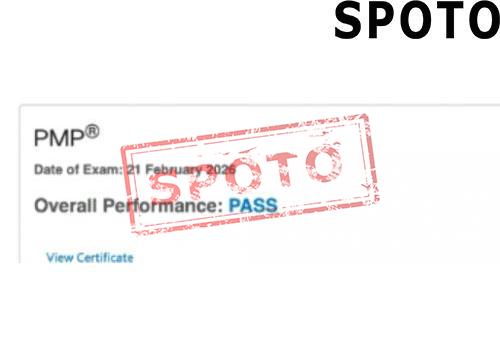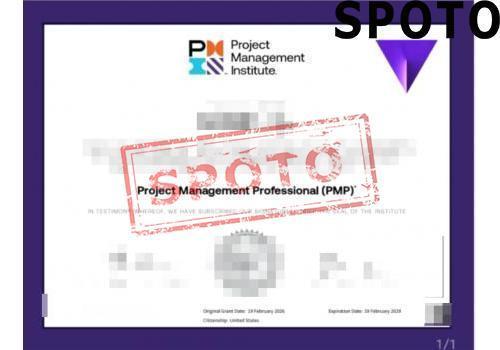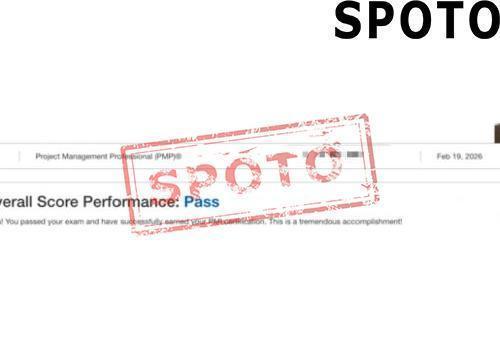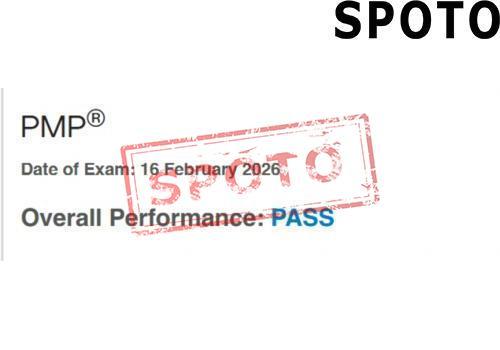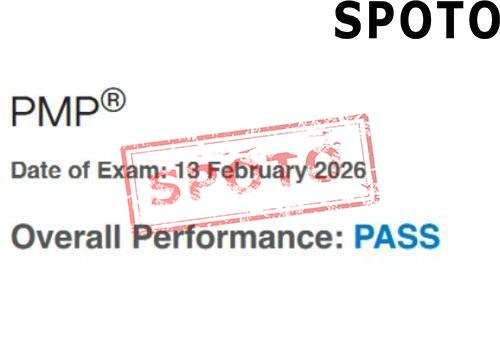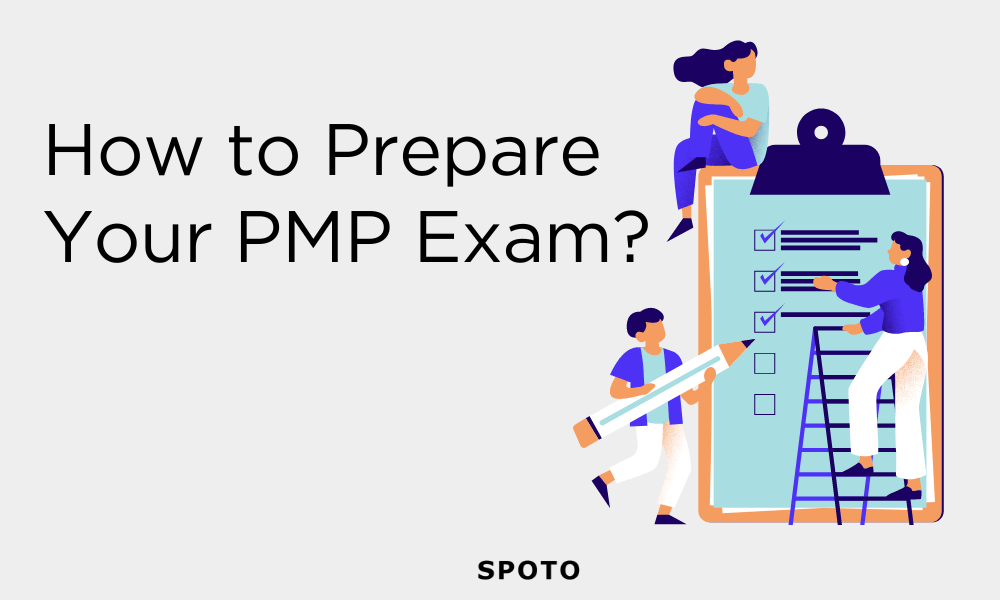
Table of Contents
Introduction to the PMP Certification
Overview of the Project Management Professional (PMP) certification
The Project Management Professional (PMP) credential stands as a benchmark for excellence in the realm of project management. Administered by the Project Management Institute (PMI), the certification signifies a professional’s competence in leading and managing projects and teams with efficiency. The path to earning this distinguished title involves meeting specific educational and professional experience criteria, followed by passing a comprehensive examination that covers the breadth of project management practices and principles.
Importance and benefits of obtaining the PMP certification
Securing the PMP certification offers myriad advantages, propelling professionals into a higher echelon of career opportunities. It not only enhances credibility and marketability in the global job market but also leads to better job prospects, higher salaries, and greater recognition within the industry. Beyond individual growth, the certification equips practitioners with the tools and methodologies necessary to execute projects with precision, ultimately contributing to the success and profitability of their organizations.
Understanding the PMP Exam
Exam Structure and Format
The PMP certification exam is a comprehensive assessment, designed to test a candidate's knowledge and skills in project management. It encompasses a wide range of topics, structured around various domains that are crucial for effective project management. The exam format is primarily multiple-choice, challenging candidates to apply concepts and principles in real-world scenarios.
Free Testing, Explore PMP Exam Content!
Eligibility Criteria for Appearing in the Exam
To sit for the PMP exam, candidates must meet specific educational and professional experience requirements. These include a certain number of hours leading and directing projects and formal education in project management. The aim is to ensure that all candidates possess a foundational level of practical experience and theoretical knowledge before attempting the exam.
Exam Registration Process
Registering for the PMP exam involves several steps, including completing an application form on the PMI website, submitting proof of education and experience, and paying the exam fee. Once the application is reviewed and accepted, candidates can schedule their exam at a convenient time and location.
Examination Fees and Scheduling
The PMP exam fee varies for PMI members and non-members, with members benefiting from a reduced rate. Candidates can choose to take the exam at a testing center or through a secure online proctored environment. Scheduling is flexible, allowing candidates to select a date and time that fits their personal and professional commitments.
III. Exam Preparation Strategies
A. Recommended Study Resources
To elevate your preparation for the PMP exam, immerse yourself in PMI-endorsed resources like the PMBOK® Guide, Agile Practice Guide, and other educational materials from Premier PMI Authorized Training Partners (ATPs). Comprehensive study involves engaging with the vast array of knowledge covered in these guides, ensuring a deep understanding of project management principles.
B. Developing a Study Plan and Timeline
Constructing a tailored study schedule that aligns with your personal and professional commitments is critical. This includes mapping out your study segments leading up to the exam date, dedicating specific times for study, and iterative review of the PMBOK® Guide and Agile Practice Guide. Incorporate practice exams into your regimen to identify areas needing improvement.
C. Understanding the Exam Syllabus and Domain Areas
Grasping the breadth of the PMP exam's syllabus is fundamental. Focus on the three ECO domains: People, Process, and Business Environment, alongside the 35 tasks related to these domains. Familiarity with predictive, Agile, and Hybrid methodologies, as well as essential PMP formulas, is also indispensable for success.
D. Effective Strategies for Studying and Retaining Information
Adopting varied study methods enhances retention and understanding. Practice tests reveal your strengths and weaknesses, allowing targeted study. Utilize flashcards for key terms and formulas, ensuring active recall. Consider enrolling in a PMP Exam Prep Boot Camp offered by a PMI ATP for structured learning and additional support, including the possibility of a money-back guarantee if the exam is not passed on initial attempts.
V. Exam Tips and Techniques
Mastering the PMP certification isn't solely about having extensive knowledge of project management principles. It equally involves understanding the exam format and having effective strategies to conquer it.
A. Time Management During the Exam
With 200 questions to answer in 4 hours, each question roughly allows one minute. To prevent falling into the snare of time shortage, start by swiftly skimming through all the questions. Answer easy ones first and mark difficult ones for review. An effective time management strategy is key to sail through the exam.
B. Understanding Question Types and Formats
The PMP exam questions are scenario-based, requiring the application of knowledge rather than regurgitation of information. Understand the structure of these real-world scenario questions and familiarize yourself with multiple-choice formats since this forms the entirety of the question types.
C. Approaches for Tackling Difficult Questions
For hard-to-answer queries, employ elimination techniques. Rule out the obviously incorrect options first to narrow your choices. Also, understand the context before choosing an answer. A clear grasp of the PMI’s approach to project management will also aid in answering these tricky questions.
D. Utilizing Available Exam Resources and References
PMI provides a broad range of resources, including the PMBOK Guide, self-study books, and online resources. Make use of these resources and integrate them into your study plan to augment your understanding and preparation for the exam.
Pass the PMP Exam with the Latest PMP Dumps!
E. Test-Taking Best Practices
Always remember to read each question and its options thoroughly, paying attention to keywords and phrases. Approach the exam with a high level of confidence and maintain a stable mindset throughout the exam process. These crucial soft skills, coupled with your technical know-how, will significantly enhance your chances of passing.
Mastering the PMP certification exam goes beyond knowing the PMBOK Guide inside out. A good blend of disciplined study, application of exam strategies, effective time management, and smart use of available resources will pave the way to your PMP success.

